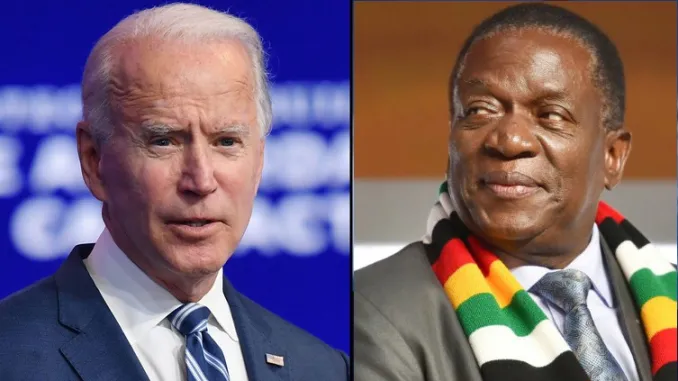In an unexpected twist, Zimbabwe finds itself entangled in a diplomatic confrontation with the United States following the detention and expulsion of American officials and contractors last month.
The incident has rekindled longstanding tensions between the two countries, sparking debates on sovereignty, democracy, and foreign intervention.
Zimbabwean authorities’ decision to detain and subsequently deport U.S. government personnel has elicited strong criticism and condemnation from Washington.
Samantha Power, the administrator of the United States Agency for International Development (USAID), denounced the actions taken by Zimbabwean authorities, citing verbal and physical intimidation, overnight detention, prolonged interrogations, and transportation under unsafe conditions endured by U.S. government officials and contractors.
ALSO READ: Zimbabwean Businesses Prepare for Crisis Amid Power Shortages and Rising Energy Costs
Reports from The New York Times suggest that Zimbabwe’s response has been firm, with allegations of promoting “regime change” and engaging in covert activities leveled against the expelled American delegation.
George Charamba, spokesperson for President Emmerson Mnangagwa, accused the U.S. contractors of unauthorized meetings with opposition figures and foreign diplomats, alleging a subversive agenda.
The clash between Zimbabwe and the United States underscores broader geopolitical tensions and ideological differences.
Zimbabwe’s shift towards China and Russia for economic and political backing has strained relations with Western nations, including the United States.
The core of the dispute lies in Zimbabwe’s political landscape, marked by a history of authoritarian rule and contentious elections. The ruling ZANU-PF party’s prolonged hold on power, inherited from the era of Robert Mugabe, has faced international criticism and scrutiny for alleged human rights violations and electoral malpractices.

For comments, Feedback and Opinions do get in touch with our editor on WhatsApp: +44 7949 297606.
